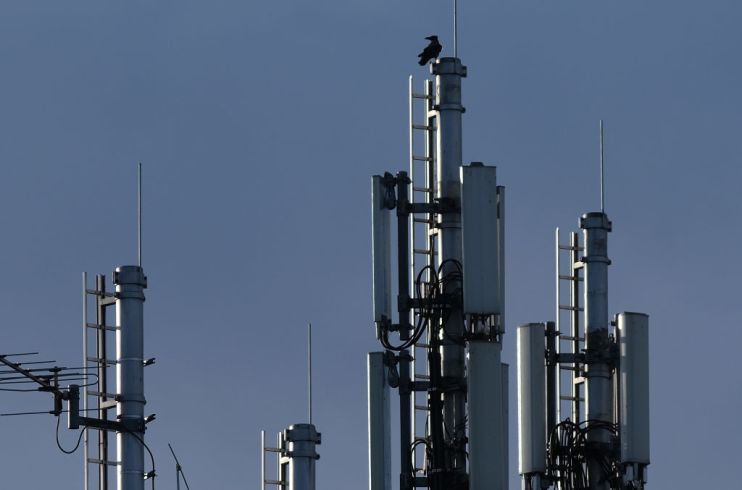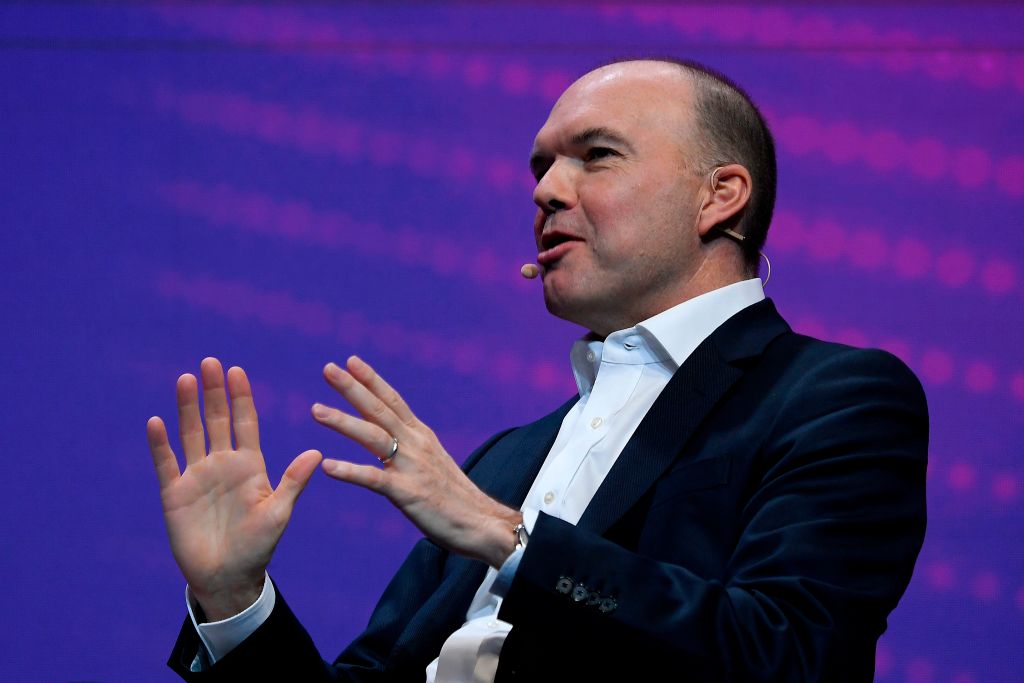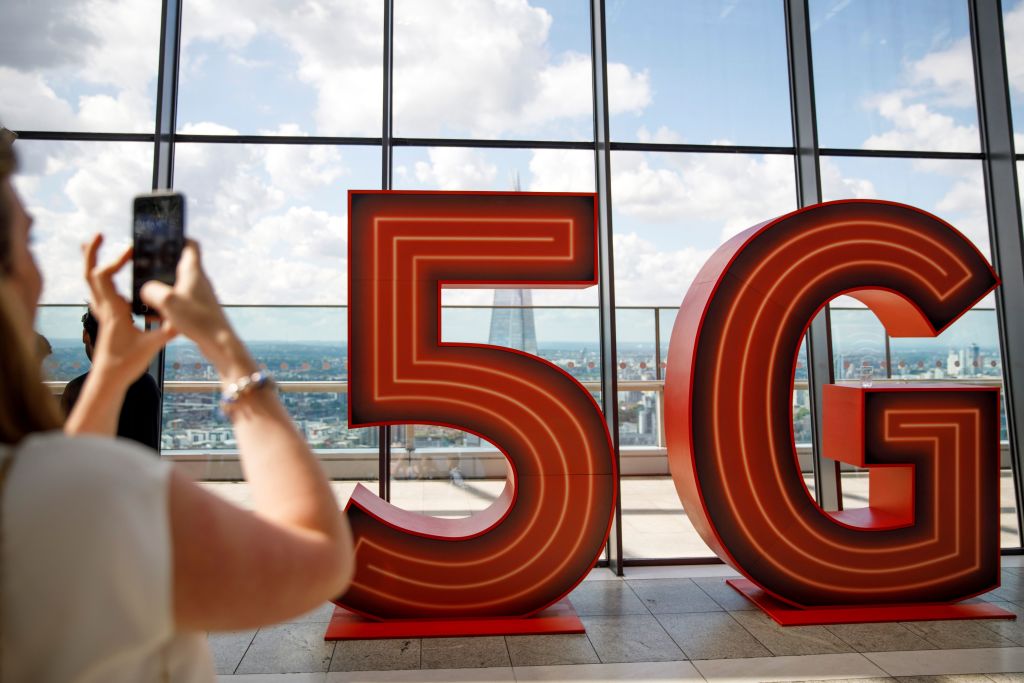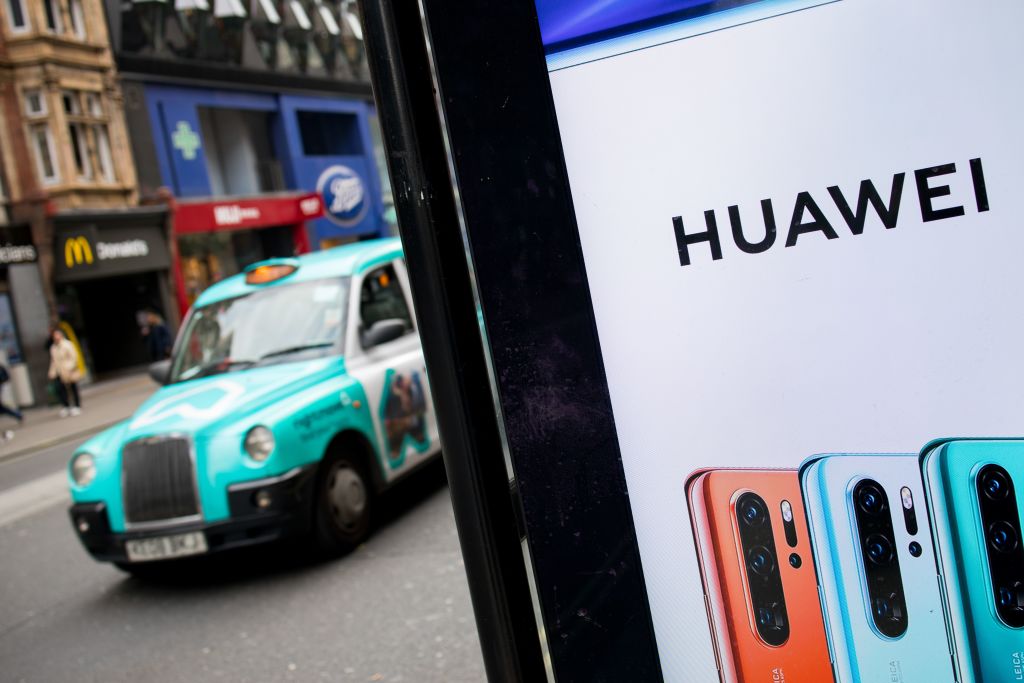Vodafone targets 2021 IPO for European towers unit

Vodafone today confirmed it would target an early 2021 initial public offering (IPO) for its European telecoms towers business.
The spin-off will see the division renamed Vantage Towers after Vodafone signalled its intention to separate the unit to maximise shareholder value.
Vodafone said it will seek a prime listing in Frankfurt for its European mast business after merging it with Greek company Wind Hellas’ tower assets, a deal announced today.
The deal could include Vodafone’s 50 per cent stake in Cornerstone Telecommunications Infrastructure (CTIL) portfolio of 14,300 towers. Vodafone’s 50 per cent share amounts to between €50m (£45.5m) and €70m.
“Today’s launch of Vantage Towers marks significant progress of the strategy I established when I became Vodafone CEO, specifically relating to the key pillar of improving asset utilisation,” Vodafone CEO Nick Read said.
“Vantage Towers will also unlock further value for shareholders, notably through the IPO targeted for early 2021. As Europe’s leading mobile and fixed services provider, we have now created Europe’s leading tower infrastructure company, which will play a central role in enabling Europe’s sustainable and inclusive digital society.”
Vodafone towers IPO ‘below’ €10bn

The group refused to give a ballpark figure for the IPO, but said it would be “lower” than €10bn.
Speaking to journalists this morning, Read said Brexit was not a factor in picking Frankfurt over London for the towers business’ IPO. Instead he said Germany has proved itself as a successful launch point for many businesses.
“Frankfurt has shown success in a number of more complex IPOs. And in the end its investor base itself is very international,” he said.
Asked if the pivot towards continental Europe would affect the group’s operations in the UK, Read said: “Don’t read anything into the fact that we put our towers business in Frankfurt. We’re very committed to the UK and the UK headquartered business — we’re listed in the UK but we have businesses throughout the world.”
Vivek Badrinath, Vantage Towers’ new chief executive, added: “We have a strong platform to capture growth opportunities in connectivity across Europe, leveraging our long-term arrangements with leading operators.”
Towers IPO targets 5G demand
Read told journalists Vantage Towers would help Vodafone capitalise on the growing demand for 5G.
“We are just at the start of the 5G cycle. When operators and governments are looking to expand coverage and roll out 5G networks, there is an increasing desire for connectivity among businesses and consumers, and we’ll see healthy rises in data usage. “

“These trends create good growth opportunities [and] retail business and Vantage Towers is well positioned across each of its markets to on capitalise towers and infrastructure assets,” Read added.
“[They] have been popular with investors, because of the predictable long term nature of the revenues they derive from their customers.”
Lockdowns dent Vodafone revenue
Vodafone made the announcement as it released its first quarter results this morning.
The telecoms firm saw revenue dip 1.4 per cent to €10.5bn over the three months to 30 June, down from €10.7bn in the same period last year.
Vodafone said coronavirus lockdowns around the world had dented its service revenue, due to lower income from roaming charges and project delays.
The company also said lower prepaid SIM sales to tourists and migrant workers dented earnings, after Vodafone saw roaming and visitor revenue in Europe plunge 70 per cent over the quarter.
The group’s UK revenue slipped 1.9 per cent year-on-year, from €1.57bn to €1.46bn, while revenue in other countries such as Italy and Spain took a larger hit, decreasing 6.5 per cent and 6.9 per cent respectively.
Vodafone’s shares had fallen 4.6 per cent to 122.8p by mid-morning.
The group’s organic service revenue growth in Germany remained flat year-on-year, which Vodafone said reflected a “resilient revenue mix”.
Vodafone said it was on track to deliver at least a €400m reduction in net operating expenses across Europe for the full year.
The company’s outlook for adjusted earnings before tax remained unchanged, with the group expecting “flat to slightly down” results for the year. Vodafone also reiterated its full year guidance of €5bn of free cash flow.
Read said today: “Our overall commercial performance in [the first quarter] has been good, and with further consistency of execution.
“We have kept people connected and businesses functioning. Looking ahead, and to achieve more as an industry, we need governments and regulators to support us with measures that promote a healthy, sustainable market structure… and enable us to make a fair return on the capital we deploy. We have seen some positive signs of light.”
Vodafone ‘disappointed’ by UK Huawei ban

Read added that Vodafone were “clearly disappointed” at the government’s decision last week to ban Huawei technology from the UK’s 5G infrastructure over security concerns.
Earlier this month, Vodafone UK’s head of networks, Andrea Dona, said the firm would need a “sensible time scale” of at least five years to transition its network away from dependence on Huawei, in a move that would cost “single figure billions”.
Speaking today, Vodafone’s chief executive said the company were looking at the “complexity involved in this issue and trying to minimise disruption to customers through providing an adequate timeline” for ripping out Huawei technology from its network.
Read added that Vodafone were “working with the government” to rectify the issue, but held back from giving a benchmark figure for how much the Huawei ban would cost Vodafone, adding: “We just got the new rules and therefore we have to work through the impact”.
Richard Hunter, head of markets at Interactive Investor, said: “Vodafone has suffered in the face of the pandemic along with many others, but positive underlying prospects remain in evidence.
“On the one hand, the spike in data traffic has been a boon for the company, while also underlining the efficiency and dependability of its services.
“Less positively, however, lower roaming revenues as a result of decreasing international travel along with corporate project delays in the period, have a punched a hole in income… There is still a considerable way to go for Vodafone to regain its former glories, with a 43 per cent decline in the price over the last three years a sign of the challenge ahead.”
Before the Open: Get the jump on the markets with our early morning newsletter